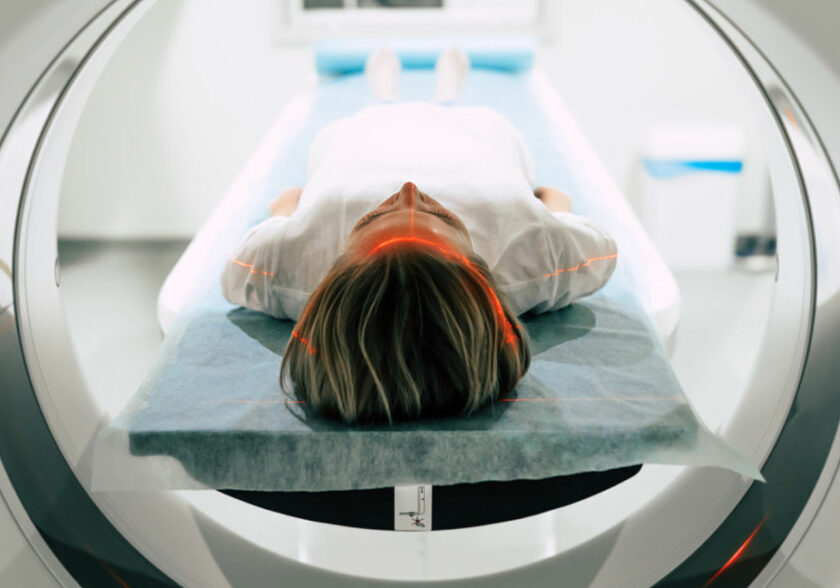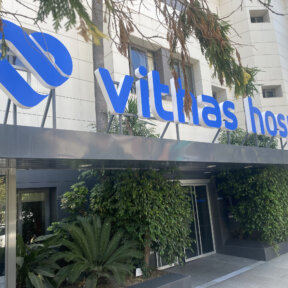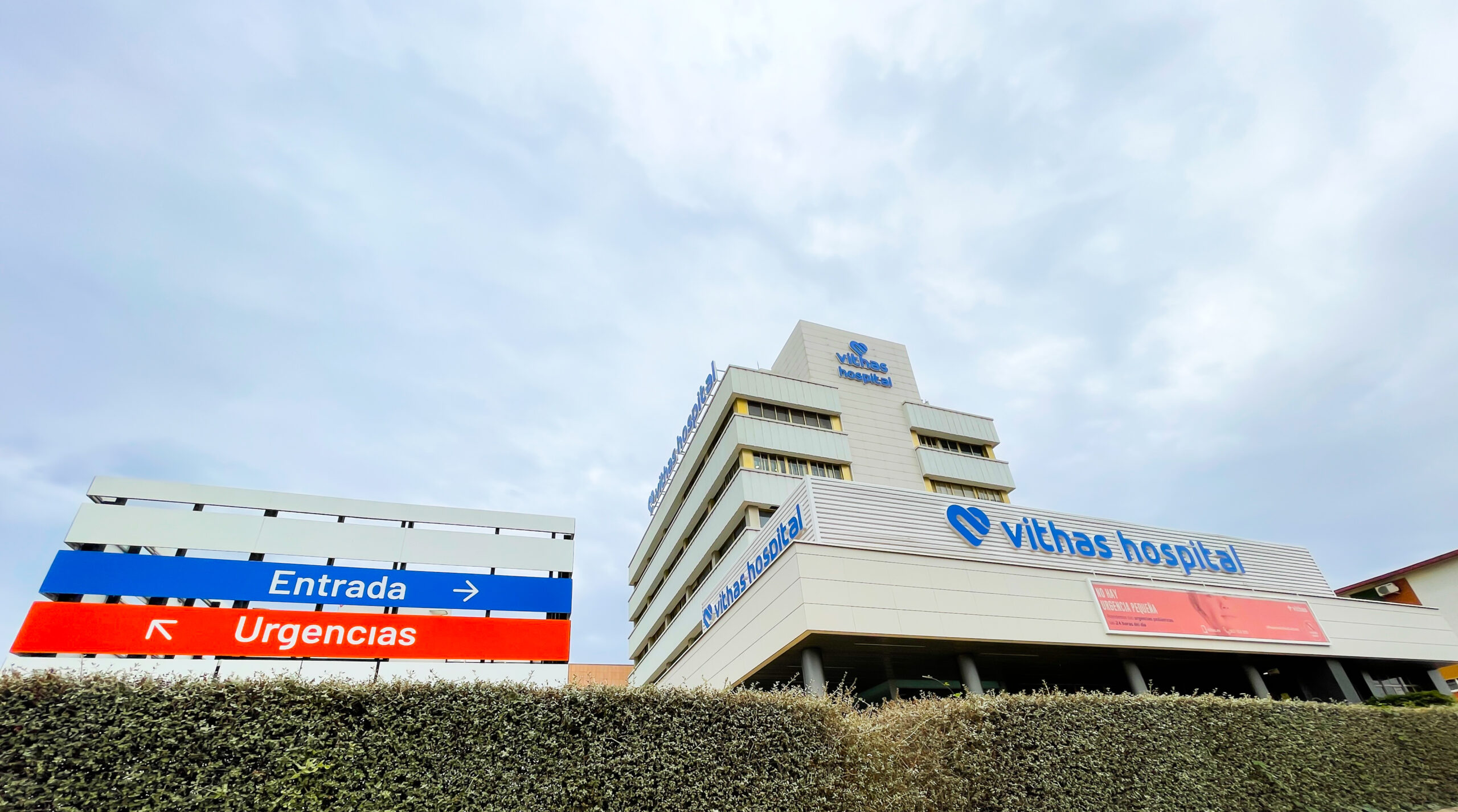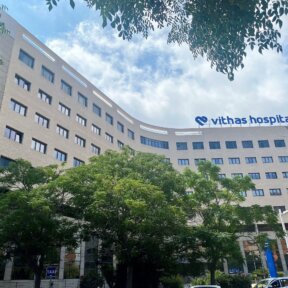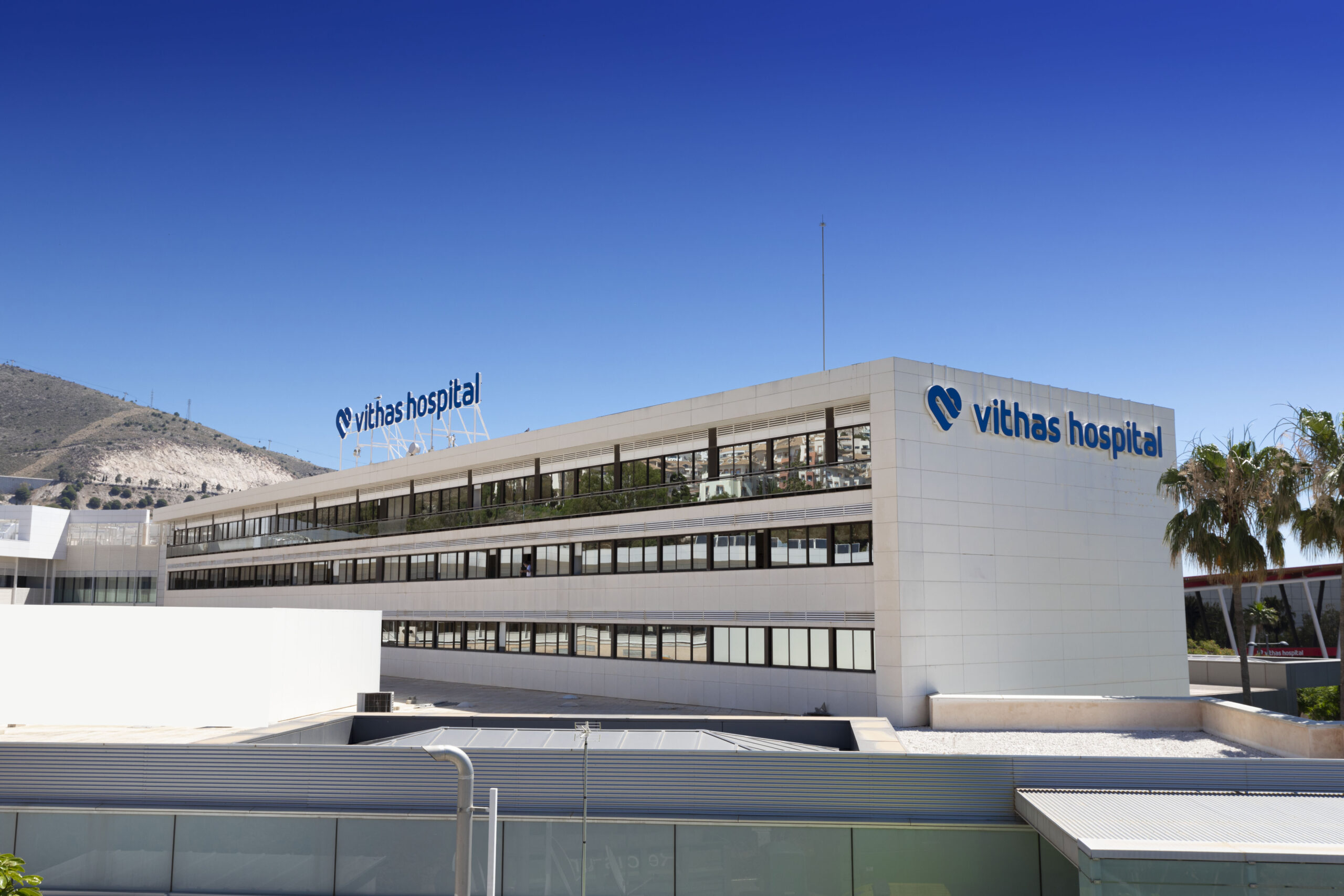What is nuclear medicine?
Nuclear medicine is a medical speciality in which radiotracers or radiopharmaceuticals (consisting of a carrier drug and a radioactive isotope) are used to diagnose and treat diseases. These radiopharmaceuticals are inserted inside the human body by various routes (the most commonly used being the intravenous route).
Once the radiopharmaceutical is inside the body, it is distributed by various organs depending on the type used. The distribution of the drug is detected by a radiation detector called a gamma camera and stored digitally.
Which patients is it for?
It is used to diagnose and determine the severity and treatment of one or more diseases, including various types of cancers, heart disease, gastrointestinal, endocrine, neurological disorders and other abnormalities within the body.
Main conditions and diseases
From a therapeutic point of view, nuclear medicine is used in thyroid cancer, hyperthyroidism and to treat bone pain.
Main diagnostic resources and technology
- Bone scans.
- Positron emission tomography (PET) scan.
- Thyroid scan.
- MUGA scans (nuclear ventriculography).
It essentially involves the performance of functional, morphological, dynamic, morphofunctional and analytical tests, based on biochemical, physiological and pathophysiological principles, and is aimed at achieving a better knowledge and understanding of the structure and function of the human body when healthy or ill.
Main treatments
- Therapeutic treatments: In addition to the significant impact of nuclear medicine diagnostic techniques on patient treatment and management, this speciality also has specific therapeutic indications such as administering radiopharmaceuticals to patients (metabolic, endolymphatic, intracavitary therapy, etc.).
- Treatment and prevention of biological effects caused by exposure to ionising radiation, especially when this exposure is due to external irradiation or contamination caused by unencapsulated radioactive substances.
Why come to our clinic?
Our experience, combined with the latest technology, ensure you are at the right place to undertake all your nuclear medicine exams.
FAQs
Do I need to do any special preparations before the exam?
On the day of your test, you will be given a radiopharmaceutical (radioactive medicine). In most cases, this will be administered via injection, although in some cases it will be administered orally or via inhalation.
You’ll have to wait while the radiopharmaceutical reaches the organ it needs to get to. This can take minutes or several hours. In some cases, the study will be performed a few days after the administration of the radiopharmaceutical, and in others (such as cardiological exams) they may be performed on two different days.
Before taking the exam, you should remove any metallic objects you are wearing (jewellery, bra, etc.) as they may interfere with the study. The technician will position you under or in front of the camera, and the image will then be taken.
How long does an exam take?
In addition to the waiting time, the study can take from a few minutes to an hour. It is very important that you do not move, cough or fall asleep while the image is being taken, as this can completely ruin the study.
Is it painful?
Most nuclear medicine studies involve an injection, which can cause mild discomfort. No other part of the procedure causes pain or discomfort.
What are the possible side effects?
The amount of radiation used for this study is very small. The risk is very low, compared to the benefits given by this study.


